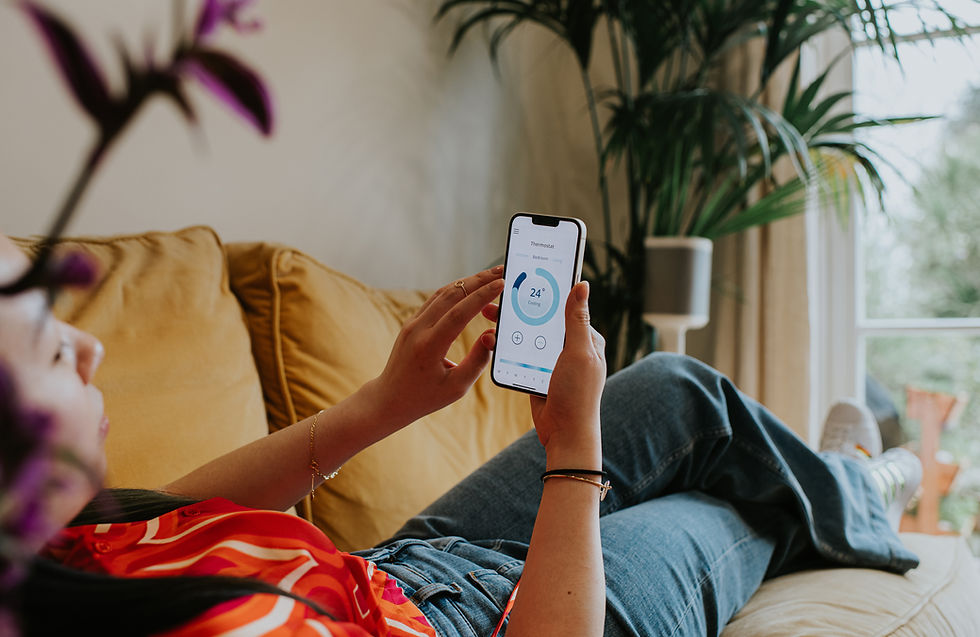Decoding the Digital Dilemma: How Internet Use Impacts Mental Health
- Rain M

- Dec 1, 2023
- 2 min read
Unraveling Myths and Facts About Online Activity and Psychological Well-being

Recent studies have challenged the long-held belief that internet usage directly harms mental health. A groundbreaking study titled "Global Well-Being and Mental Health in the Internet Age," which scrutinized data from millions of individuals across 168 countries, sheds new light on this subject.
The authors meticulously compared mental well-being with local internet usage rates, revealing no substantial evidence that internet technologies, such as smartphones, are globally detrimental or beneficial to mental health.
Andrew Przybylski, a professor at the Oxford Internet Institute and a key author of the paper, stated, "We looked very hard for a 'smoking gun' linking technology and well-being and we didn't find it." This statement underscores the exhaustive nature of the research, which sought but did not find definitive proof of the internet's negative impact on mental wellness.
Interestingly, while the study observed fluctuations in both negative and positive mental health experiences, it concluded that for most countries, life satisfaction has remained relatively stable. This finding suggests that the adoption of internet technology has not significantly altered overall life satisfaction. Furthermore, contrary to popular belief, the data did not indicate that the mental health effects of internet adoption predominantly affected younger people.
The study did note some evidence suggesting a more negative association between internet technology adoption and the mental health of younger individuals compared to older groups. However, this evidence was considered small in magnitude and within the null region, indicating no overwhelming demographic-based differences in the mental-health-internet-adoption associations.
A critical observation by Przybylski and Vuorre, the co-authors of the study, highlights a significant gap in the current research landscape. They pointed out the absence of crucial data from online platforms, which are often controlled by tech operators and remain inaccessible to independent researchers. This lack of data hampers the ability to conclusively determine the causal relationship between internet use and mental health.
Przybylski emphasized the need for better data to understand the influence of the online world on mental health. He noted that current assumptions are often based on unvalidated self-report measures, and more comprehensive data is required to identify potential negative effects and develop effective solutions.
In conclusion, the absence of a definitive link between internet use and mental health shifts the focus to practices known to enhance health and well-being. Przybylski advocates for activities like socializing, exercising, and sleeping, which are proven determinants of health, as opposed to the tenuous link between internet usage and well-being. This perspective gains further relevance in the context of the COVID-19 pandemic, which has seen a rise in issues like decreased physical activity, socialization, and restful sleep.




Comments